Symantec: “Anti-virus software is no moneymaker"
Norton designers claim anti-virus is ineffective in the modern security climate

Anti-virus software is dead, according to the world's largest IT security company, Symantec.
The company lead the way for commercial anti-virus in the 1980s but is increasingly looking towards prevention, rather than cure. Fifty-five per cent of all malicious attacks pass straight through its antivirus software, it is claimed.
The source of the comments, Brian Dye, senior vice president of Symantec, told the Wall Street Journal: "We don't think of anti-virus as a moneymaker in any way."
Symantec has gone through two CEOs in as many years and is in the midst of a dip in share prices. Anti-virus still accounts for 40 per cent of the company's entire revenue stream.
Hackers and cybercriminals are using increasingly complex and novel ways of penetrating businesses' defences.
A report from research firm RedSocks has confirmed the slipping standards of anti-virus programs and the increasing aptitude of hackers. In January 2014, the overall malware detection rate for anti-virus software was 70 per cent, in February it dropped to 64 per cent.
The assumption made by security companies is that hackers will already be in a system and the key now is trying to detect them.
Get the ITPro daily newsletter
Sign up today and you will receive a free copy of our Future Focus 2025 report - the leading guidance on AI, cybersecurity and other IT challenges as per 700+ senior executives
The industry has responded to this changing battlefield, trying to create new ways to prevent significant damage from occurring inside a network. FireEye, Juniper and other firms have taken up the challenge of protecting users once their first line of defence has been breached.
Despite the damming statement from Dye, Symantec has said it has no plans to abandon its flagship product: Norton anti-virus. The company will instead rely on a new range of security products to boost revenue.
Within the next six months Symantec plans to outsource intelligence briefings on the dangers of specific threats. The aim will be to teach companies not just how they are being hacked, but why as well.
"If customers are shifting from protect to detect and respond, the growth is going to come from detect and respond," Dye added.
-
 The Race Is On for Higher Ed to Adapt: Equity in Hyflex Learning
The Race Is On for Higher Ed to Adapt: Equity in Hyflex LearningBy ITPro
-
 Google faces 'first of its kind' class action for search ads overcharging in UK
Google faces 'first of its kind' class action for search ads overcharging in UKNews Google faces a "first of its kind" £5 billion lawsuit in the UK over accusations it has a monopoly in digital advertising that allows it to overcharge customers.
By Nicole Kobie
-
 Power stations under attack from long-running hacking campaign
Power stations under attack from long-running hacking campaignNews Dragonfly threat group is ramping up activities, say researchers
By Adam Shepherd
-
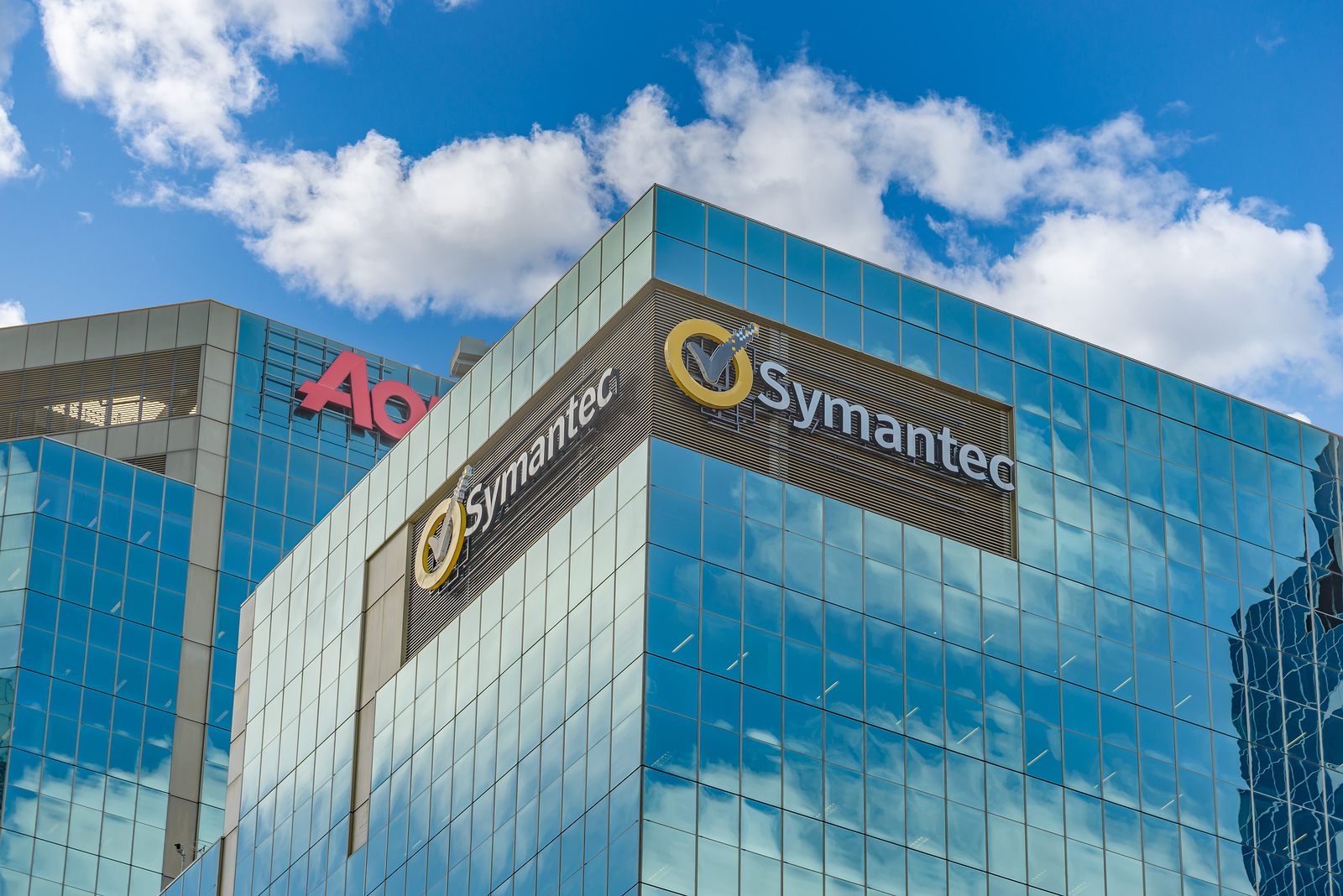 Symantec profits surge as firms prop up their cyber defences
Symantec profits surge as firms prop up their cyber defencesNews The company also announced plans to sell its web certificate business
By Dale Walker
-
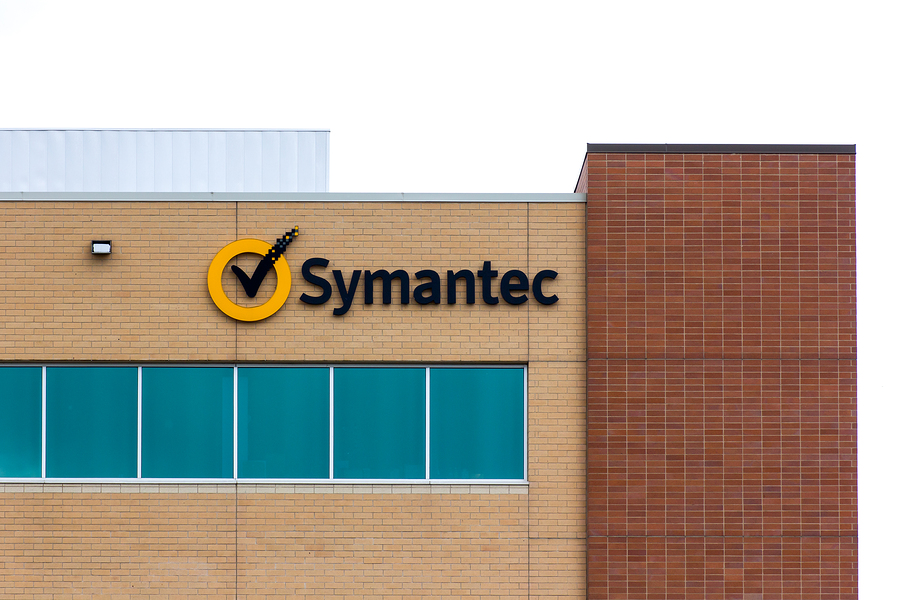 Symantec to pay $4.65 billion to acquire Blue Coat
Symantec to pay $4.65 billion to acquire Blue CoatNews Greg Clark to become Symantec CEO, promising new cloud security
By Aaron Lee
-
 Symantec ditches reseller guilty of scamming PC users
Symantec ditches reseller guilty of scamming PC usersNews Silurian told people they had malware, then sold them Norton Antivirus for $249
By Joe Curtis
-
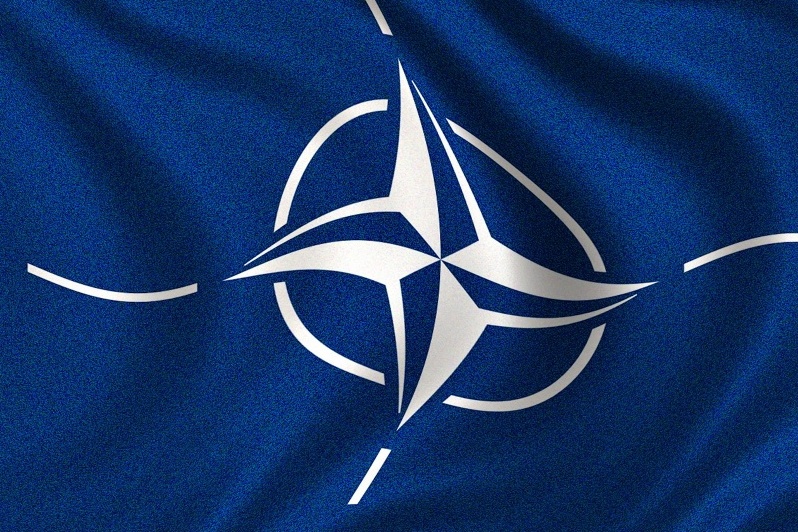 NATO builds up cyber alliance with Symantec tie-in
NATO builds up cyber alliance with Symantec tie-inNews Military industrial link up to fight cyber attacks
By Rene Millman
-
 Junk emails fall to their lowest rate in 12 years
Junk emails fall to their lowest rate in 12 yearsNews Spam is dropping, says Symantec, but other malware threats are on the rise
By Joe Curtis
-
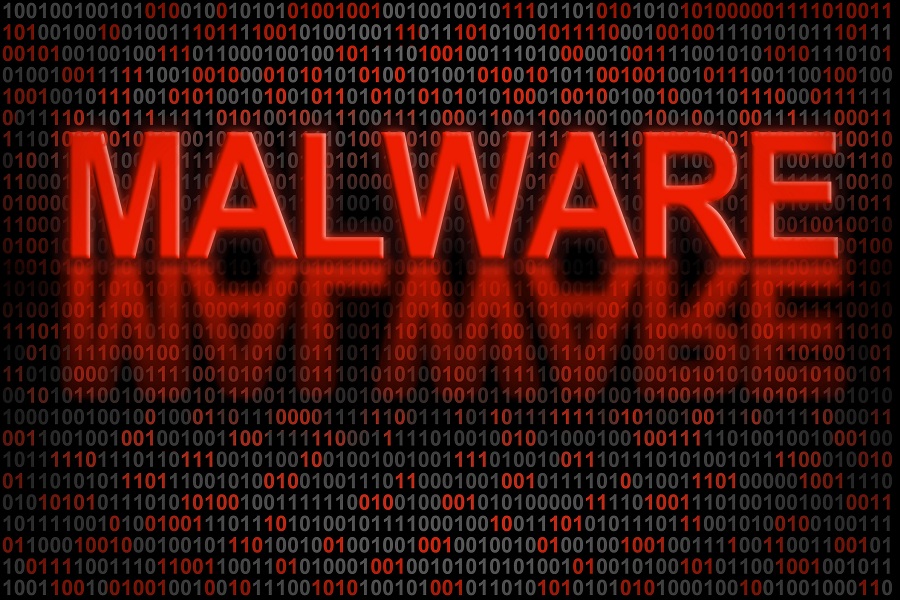 Kaspersky: "We have never been asked to whitelist malware"
Kaspersky: "We have never been asked to whitelist malware"News A company blog has revealed neither government nor any other entity has asked it to stop detecting malware
By Clare Hopping
-
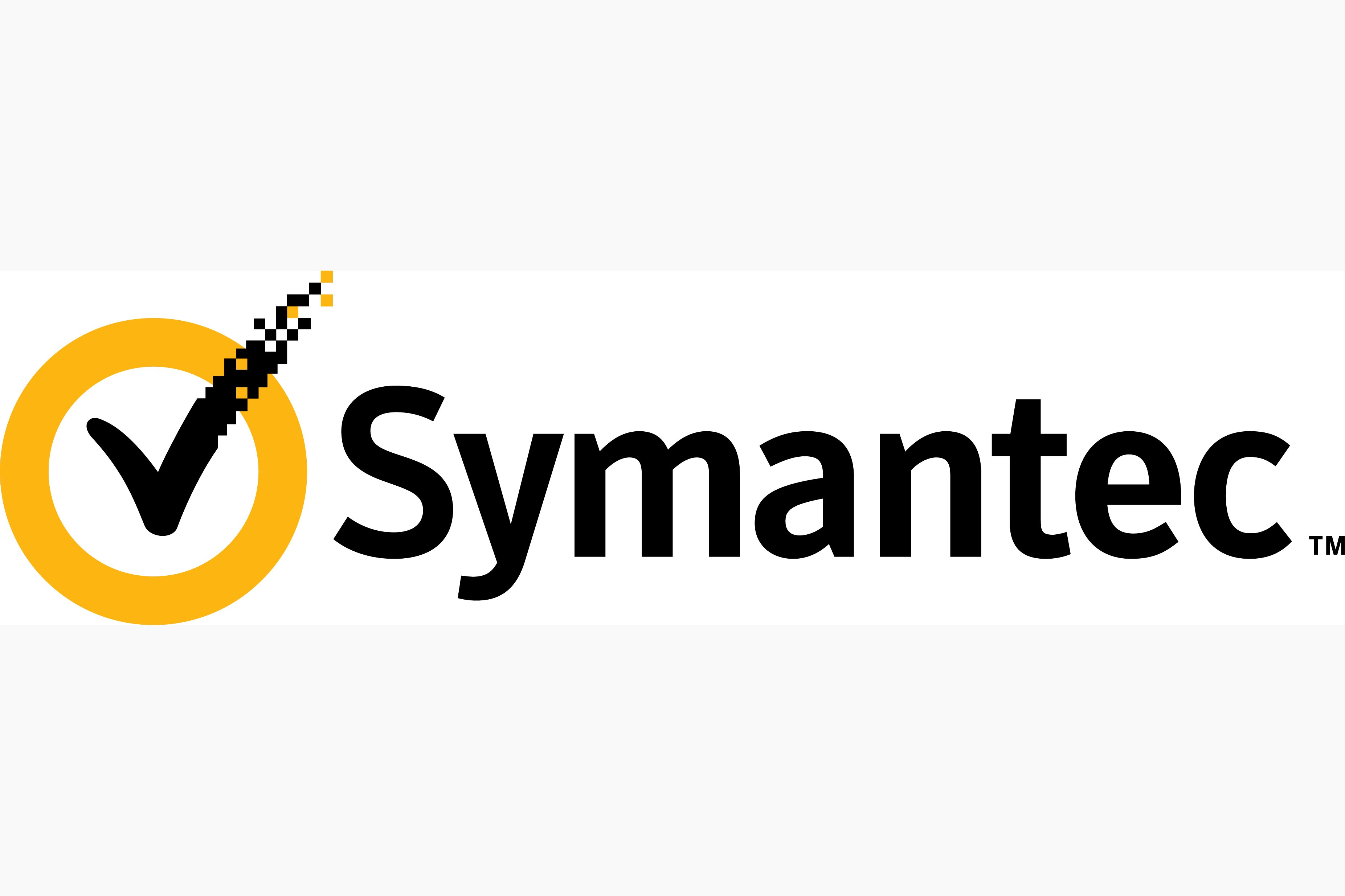 Symantec confirms split into separate security & storage entities
Symantec confirms split into separate security & storage entitiesNews Storage and security will be separated as Symantec tries to boost sales in both
By Adam Lee